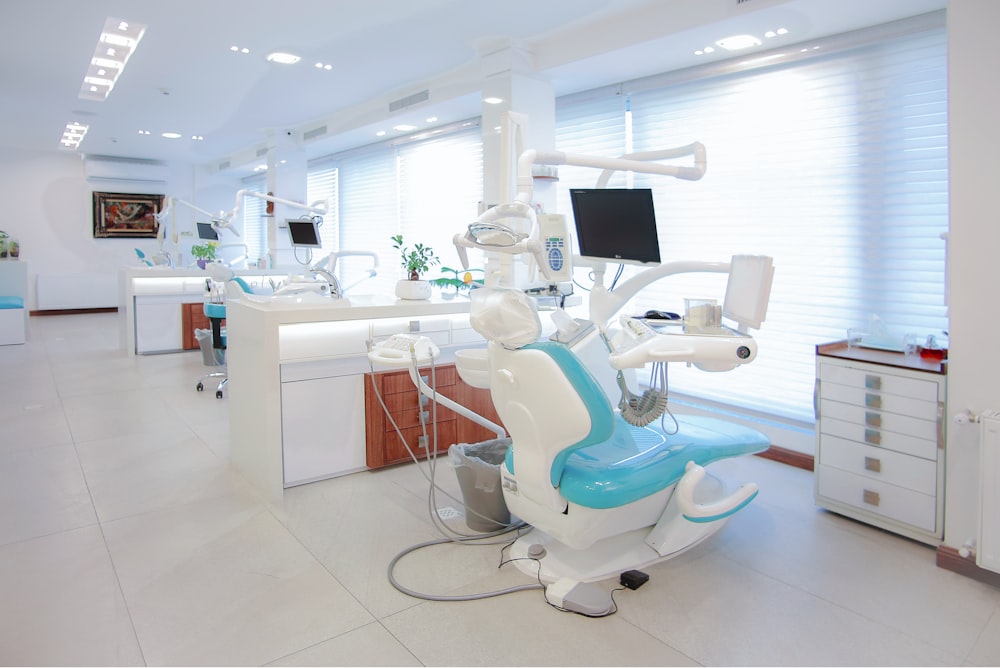
Dental crowns and bridges are versatile and effective restorative solutions that play a significant role in dentist services. These dental prosthetics offer numerous benefits in terms of aesthetics, functionality, and oral health. For comprehensive dental services in The Basin, turn to the trusted professionals at The Basin Dentist for exceptional care and a healthy smile. In this article, we will explore the benefits of dental crowns and bridges and how they contribute to restoring and enhancing smiles.
Understanding Dental Crowns and Bridges
Dental Crowns
Dental crowns, also known as dental caps, are custom-made tooth-shaped coverings that are placed over damaged or weakened teeth. They fully encase the visible portion of the tooth above the gum line, providing strength, protection, and improved appearance. Dental crowns can be made from various materials, including porcelain, metal alloys, and ceramic, depending on the specific requirements and patient preferences.
Dental Bridges
Dental bridges are prosthetic devices used to replace one or more missing teeth. They consist of artificial teeth, called pontics, which are anchored in place by dental crowns on the adjacent natural teeth or dental implants. Dental bridges restore the appearance of a complete smile, improve chewing and speaking ability, and prevent the remaining teeth from shifting out of position.
Benefits of Dental Crowns
1. Tooth Protection and Restoration
Dental crowns provide strong protection and support to damaged or decayed teeth. They help restore the tooth’s shape, size, and strength, allowing for improved functionality. Crowns are especially beneficial for teeth with large fillings, fractures, or extensive decay that cannot be effectively restored with simpler dental treatments.
2. Enhanced Aesthetics
Dental crowns can significantly improve the appearance of a tooth. They are designed to match the color, shape, and size of the surrounding natural teeth, resulting in a seamless and natural-looking smile. Whether used to restore a discolored tooth or to address cosmetic concerns, dental crowns contribute to a more attractive and confident smile.
3. Durability and Longevity
With proper care and maintenance, dental crowns are highly durable and long-lasting. The materials used in their construction, such as porcelain or ceramic fused to metal, are known for their strength and resilience. Dental crowns can withstand the forces of biting and chewing, providing reliable functionality for many years.
4. Improved Dental Function
By restoring the size, shape, and strength of a damaged tooth, dental crowns enhance dental function. They enable comfortable chewing and biting, allowing individuals to enjoy a wider range of food choices without the limitations caused by compromised teeth. Dental crowns can also improve speech and alleviate any discomfort or sensitivity associated with damaged teeth.
5. Protection for Dental Implants
Dental crowns are an essential component of dental implant restorations. They are securely attached to dental implants, which serve as artificial tooth roots. The combination of dental implants and crowns provides a stable and long-lasting solution for replacing missing teeth, restoring both function and aesthetics.
Benefits of Dental Bridges
1. Restored Smile and Facial Harmony
Dental bridges effectively fill the gaps created by missing teeth, restoring a complete and natural-looking smile. By replacing missing teeth, bridges also help maintain facial structure and prevent the sunken appearance that can occur when teeth are lost.
2. Improved Chewing and Speaking Ability
Missing teeth can significantly impact chewing and speaking ability. Dental bridges restore proper oral function by providing a stable biting surface and improving speech clarity. With bridges, individuals can enjoy a varied diet and communicate with confidence.
3. Preventing Tooth Shifting and Misalignment
When a tooth is lost, the surrounding teeth may gradually shift out of their normal positions, leading to bite problems and misalignment. Dental bridges prevent this shifting by filling the gap and maintaining the proper alignment of adjacent teeth. This helps preserve a balanced bite and prevents the need for orthodontic treatments in the future.
4. Even Distribution of Bite Forces
Missing teeth can place excessive pressure on the remaining teeth during biting and chewing. This uneven distribution of bite forces can lead to premature wear and damage to the remaining teeth. Dental bridges restore a balanced bite by distributing the forces evenly, protecting the natural teeth from excessive strain and promoting long-term oral health.
5. Quick and Convenient Treatment
Getting a dental bridge is a relatively quick and straightforward procedure. Once the adjacent teeth or implants are prepared, the bridge can be custom-made and placed within a few dental visits. This convenience allows for timely replacement of missing teeth and avoids potential complications that may arise from leaving gaps in the mouth.
Conclusion
Dental crowns and bridges are valuable solutions provided by dentist services, offering a range of benefits in terms of aesthetics, functionality, and oral health. Dental crowns protect and restore damaged teeth, enhance smiles, and improve dental function. Dental bridges replace missing teeth, restore complete smiles, and prevent complications associated with tooth loss.





